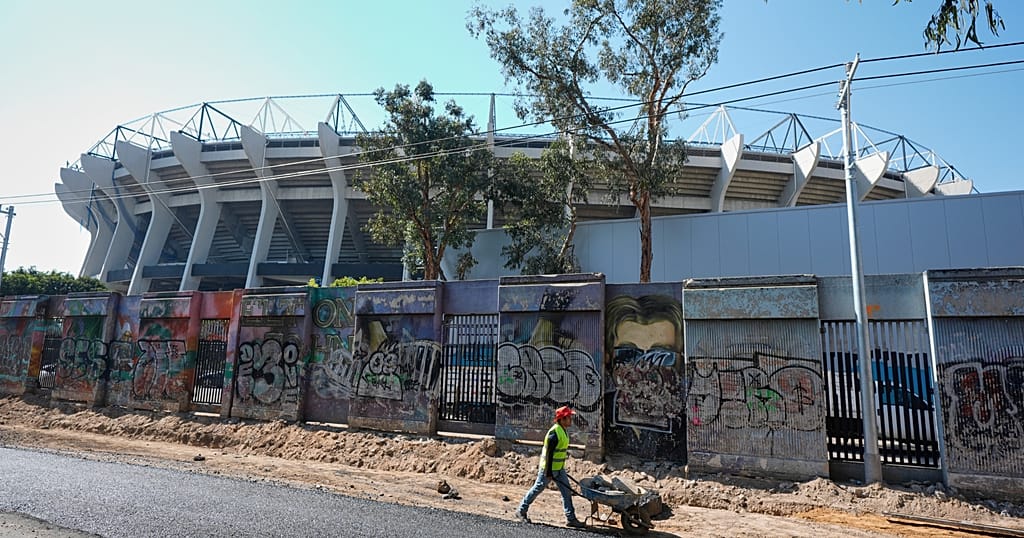Hospitality businesses in Lagos, including hotels, event spaces, and nightclubs, must now obtain dual approvals for parking and traffic plans under a new regulatory crackdown aimed at easing congestion in Nigeria’s bustling commercial hub. The Lagos State Government announced the directive Thursday, mandating compliance with the Lagos State Parking Authority (LASPA) and Lagos State Traffic Management Authority (LASTMA) to address chronic gridlock linked to poorly managed guest and visitor parking.
In a joint statement issued by LASPA General Manager Adebisi Adelabu and LASTMA General Manager Bakare-Oki Olalekan, authorities emphasized that haphazard parking and event-related bottlenecks disproportionately strain the city’s road networks. Businesses face legal repercussions, including prosecution under the Lagos State Transport Sector Reform Laws of 2018, if they fail to register and secure permits outlining approved parking strategies.
Lagos, home to over 20 million residents, has long grappled with traffic challenges exacerbated by rapid urbanization and limited infrastructure. Hospitality venues, often clustered in high-density areas, frequently contribute to spillover parking on roads and sidewalks. The policy aims to formalize coordination between LASPA, which oversees parking compliance, and LASTMA, responsible for traffic flow, to preempt disruptions before they escalate.
“This collaboration is critical to achieving the state’s vision for efficient transportation,” the statement read, clarifying that while the agencies perform separate roles, their joint efforts focus on preventing overcrowded streets and improving road safety. Officials did not specify a deadline for compliance but urged immediate action to avoid penalties.
The move aligns with broader initiatives under Lagos’s Ministry of Transportation to modernize mobility systems, including expanded public transit and stricter enforcement of traffic laws. Analysts note that unresolved congestion could hinder economic activity in a city contributing nearly a third of Nigeria’s GDP. For businesses, the requirements may necessitate investments in off-street parking or shuttle services—a shift likely to reshape operational costs in the hospitality sector.
As Africa’s most populous city continues to grow, balancing commercial vibrancy with sustainable infrastructure remains a pressing challenge. The new regulations underscore Lagos’s attempt to assert control over urban planning amid competing demands for space and efficiency.



